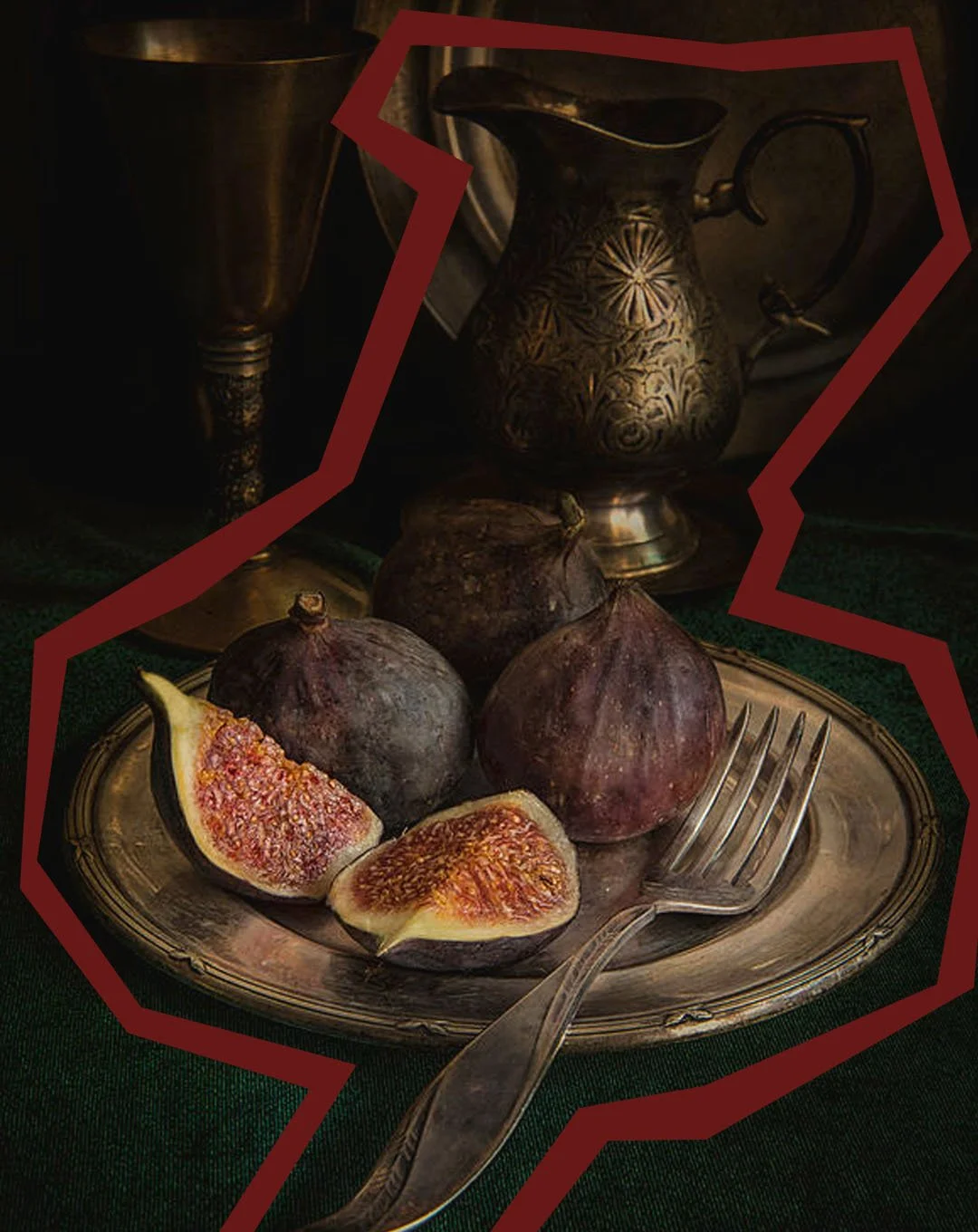‘Sylvia Plath Didn’t Die for This” - The Internet is Misconstruing History’s Favourite Tortured Poet
Words: Sihaam Naik
Make it stand out
During the height of my manic depression in 2021, I dyed my hair yellow-blonde, stayed awake for hours on end and treated the Sylvia Plath diaries as my personal bible. The Unabridged Journals of Sylvia Plath was a hefty book of 700 pages, and every day, I leafed through it for personal mantras and insight to apply to my own malaise.
‘I want to love somebody because I want to be loved.’
‘I do not know who I am tonight.’
‘I want to write because I have the urge to excel in one medium of translation and expression of life.’
Plath wrote with an earnestness that oscillated between manic professions of love and depressive laments of desire, and though I’ve long since moved on from my preoccupation with her, her current status as a fixture online has brought up my strong feelings for her again. So why is discourse surrounding Sylvia Plath circulating the internet? In light of Taylor Swift's The Tortured Poet's Department album, an article by Paste Magazine has sparked annoyance due to its trivialisation of Plath's death. “Sylvia Plath didn’t stick her head in the oven for this!” it read. On social media, people asked: “Why are people quick to jest about Plath’s legacy with a quippy one-liner?” I’m inclined to agree.
Plath did not die in a vacuum. In February 1963, when she died, Plath’s husband, the poet Ted Hughes, was having an affair with another woman, and Plath was terrified of going back to the hospital after her botched electroshock therapy. Her suicide was not her first attempt to end her life; that occurred at the age of 20, following her initial experience with depression. This initial period of deep despair followed her challenging stint as a guest editor at Mademoiselle magazine in New York in 1953, an experience she later depicted in her semi-autobiographical novel The Bell Jar.
In Janet Malcolm’s The Silent Woman, Malcolm talks about Sylvia Plath and her legacy: “Life, of course, never gets anyone’s attention. Death always remains interesting, pulls us, and draws us.” She claimed that Plath’s poetry aroused our attention because of the circumstances around her death. We see this manifesting in 2024 when casual head-in-oven jokes circulate the online simulacrum, and people paint Plath’s life as a never-ending tragedy without regard to her as an artist beyond her pain.
In 2003, the BBC wanted to make a film on Plath. Her daughter and executor of state, Freida Hughes, disagreed profusely. In response, she penned ‘My Mother’, a poem I think of whenever I see Sylvia slander on my timeline. “They think I should give them my mother’s words/ to fill the mouth of their monster/ their Sylvia Suicide Doll/ who will walk and talk/ and die at will/and die, and die/and forever be dying.” Freida’s words sting, calling out the BBC for “digging up” her mother’s body for “repeat performances”.
Though Plath’s legacy as a poet has been disregarded by some on the internet, on TikTok, a more optimistic discourse around the poet has bloomed. A sound byte featuring Maggie Gyllenhaal's narration of The Bell Jar is currently at 50K videos. It features a narration of the ‘fig tree’ analogy. The quote follows: “I saw my life branching out before me like the green fig tree in the story… like a fat purple fig, a wonderful future beckoned and winked… one was a husband and a happy home and children… another was a famous poet and another fig was a brilliant professor.”
“Women, mainly, find themselves entranced by the fig tree analogy, reflecting the complexity of choice in a hetero-patriarchal society.”
Users on TikTok relate to the pathos of the quote - the fleeting nature of life, and the choices available to young adults and their futures. Women, mainly, find themselves entranced by this analogy, reflecting the complexity of choice in a hetero-patriarchal society. On one hand, users are terrified of picking the wrong fig and the incorrect dream, while others are excited by the host of choices available and promises of what life could look like.
Plath herself was pointedly overwhelmed by choice: “I wanted each and every one of [the figs], but choosing one meant losing all the rest, and, as I sat there, unable to decide, the figs began to wrinkle and go black,” she writes in The Bell Jar. Her meaning, however, seems to have been a bit misunderstood by some online. In a since-deleted TikTok, one user includes different occupations on her “fig tree” - including the most easily condemnable choice, “influencer”. Users are mistaking Plath’s urgency for a career trajectory chart, but the fig tree was never about career choices - it was a stand in for life itself.
Where does this leave us in 2024? I’d argue young women declaring that Plath is their Roman Empire is a good thing. Despite the fact that some make light of her afflictions, it’s amazing that there is a genuine interest in one of the most prolific poets ever to live. Reading Lady Lazarus and dying your hair red is a rite of passage. Every line of pain, every burst of euphoria, and each sly confession in her journal deserves to be read and perceived objectively by new generations who might find themselves in her work.
On January 5 1953, for example, she wrote:“One thing I try to be is honest. And what is revealed is often rather hideously unflattering. I want so desperately to be loved and to be capable of love… please don’t ask me who I am: a passionate fragmentary girl maybe?” In this passage - and so many others - Plath speaks to the universal concerns of young womanhood, proving time and again that her legacy runs so much deeper than lazy quips about her death.


